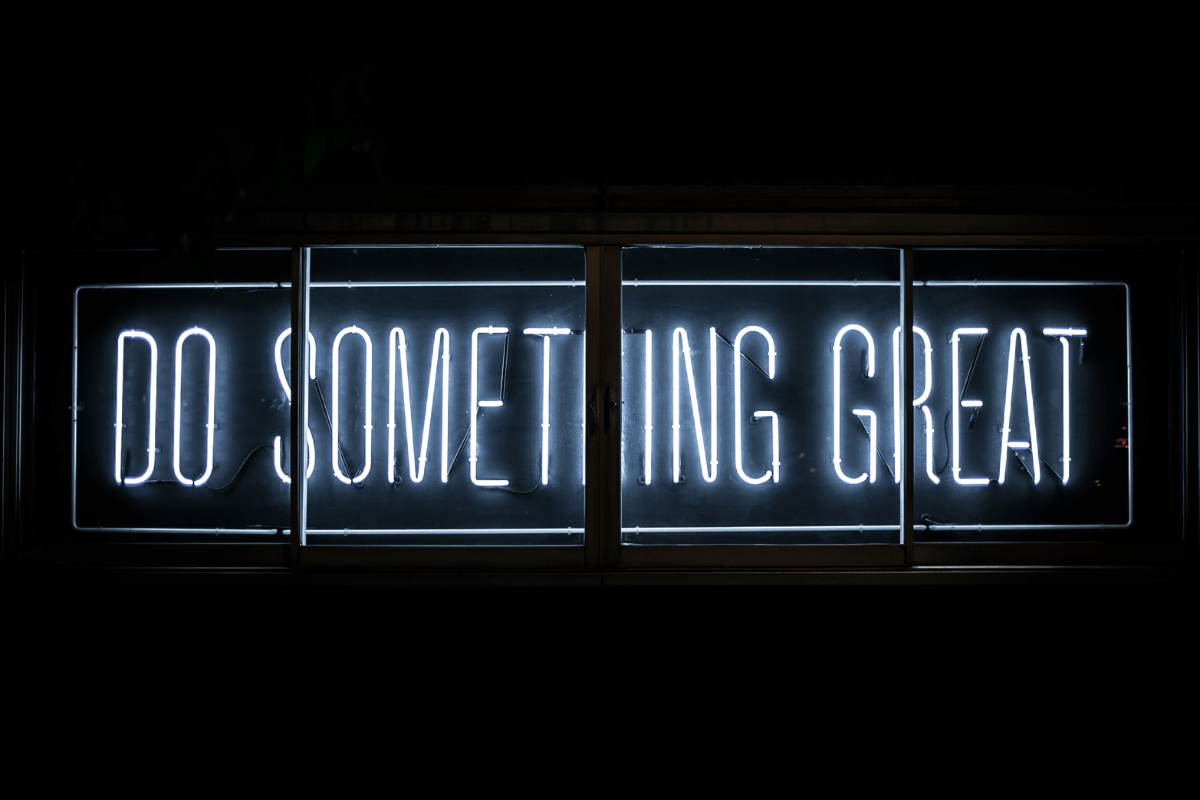To celebrate World Kindness Day, Kaira Jewel, a former Buddhist nun who lived for 15 years in the Plum Village community, offers reflections and a mindfulness practice to help us cultivate kindness.
I moved to Colombo, Sri Lanka a year ago. During the first six weeks or so I experienced culture shock as I adjusted to a very different lifestyle than in Washington DC. In Colombo people would stare at me as I am obviously foreign-looking and in the suburb of Colombo in which I live there aren’t many foreigners. I found this staring uncomfortable and mildly threatening.
I was used to moving around much more anonymously, and blending in as a local in the very heterogeneous population of Washington DC. I noticed I held a more defensive stance internally and was more fearful that I am used to being, because everything was unfamiliar (like driving on the other side of the street), I didn’t know the people around me, couldn’t speak the language, and I didn’t want to get taken advantage of. There had also been political unrest just before I moved which made me even more alert for potential danger in an unfamiliar place.
Kasun’s Kindness
A few weeks after I had arrived, I took a tuk tuk, (also known as a three-wheeler or a trishaw), to meet friends at a hotel. It cost about 500 Rupees, just under $3. This is not a small sum in a country where the average daily income is about 1100 Rupees. I didn’t have change so I gave the driver a 1000 Rupee note. He didn’t have change so he said to keep it and I could pay him later. I offered to go into the hotel to find change, but he insisted it was ok. I had never met him before but he was completely at ease with letting me walk away with the money.
I was flabbergasted. My mind had narrowed a bit in those first few weeks, on the lookout for those who might try to overcharge a clueless foreigner, and this gesture was completely unexpected. His generosity and relaxed open-heartedness deeply moved me. I made sure to get his name, Kasun. I told him my name and explained where I lived, very close to where he picked me up, so that he could come find me. He never came looking.
I looked for him for several weeks at the place where he picked me up, and asked other tuk tuk drivers where he might be. I was relieved and delighted when I finally ran into him again, and I gave him the full 1000 Rupees. I was so grateful to him for his trust in me and his generosity. His kindness shifted me out of my habit of fear and defensiveness and showed me the goodness that was also there in people around me. He helped me trust more in the world around me.
Kindness is contagious
Kasun’s kindness inspired me to return the kind act and also to be kinder in general. My partner, who was with me when I gave Kasun the 1000 Rupees, was also deeply touched. According to Random Acts of Kindness:
“The positive effects of kindness are experienced in the brain of everyone who witnessed the act, improving their mood and making them significantly more likely to “pay it forward.” This means one good deed in a crowded area can create a domino effect and improve the day of dozens of people!”
Acts of kindness also make us stronger, healthier and happier. Those who are consistently kind age more slowly, live longer, have more energy, well-being and self-esteem. There are many more scientifically proven benefits of kindness that you can read about here.
What this shows us is that kindness is an intelligent response to the fact that we are interconnected. Being kind to others is being kind to ourselves. Being unkind to others is also an unkindness to ourselves.
What about when people are being rude or insensitive? It can be hard to include people we dislike or fear in our practice of kindness. As a nun living in Plum Village, I remember Sister Dieu Nghiem once saying, “Everyone is always doing their best.” It may not always seem like it, but even when people around us are acting unskillfully and causing harm, they are likely doing the best they can. Due to the suffering and hardships they have encountered, and the unwholesome qualities that have been nourished in them, they spread their suffering around. Remembering this can help us to see them more clearly, with eyes of compassion. If they could do better, they would. Acts of kindness can help open a constricted heart, just like Kasun’s generosity opened mine.
Short kindness meditation
We can grow our capacity for kindness in many ways. One way is to reflect upon moments when others have been kind to us and to remember how this felt in our bodies and minds. We can experience again what the kind act created for us, and really let it soak in.
Another way is to reflect on moments when we have been kind to others and to remember what it felt like, physically and emotionally. We can relive these moments and remind ourselves of how good they made us feel.
A third way is to contemplate our potential to grow our kindness in daily life. We can set the intention to look for opportunities to be kind and also visualize ourselves acting in kind ways as we go throughout our day. Perhaps there is someone in particular we know who is in need of kindness. How might we reach out to them?
I have created a 10-minute guided kindness meditation covering each of these three steps which you can practice with me here:
Alternately you could journal a few sentences about each of the prompts below as a written exercise in kindness meditation:
- When I reflect how others have been kind to me, I remember a time when… When I recall this memory of kindness from others, I feel…
- When I reflect on how I have been kind to others, I remember a time when… When I recall this memory of my kindness to others, I feel…
- Reflecting on the benefits of receiving and giving kindness, I give rise to the intention to look for more ways to be kind in my daily life. Who in my life might be in need of some kindness today? Some ways I might practice kindness are …
featured image by Mary Oloumi



Leave a Reply